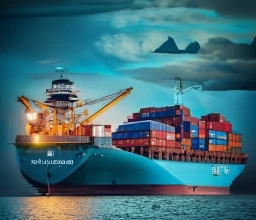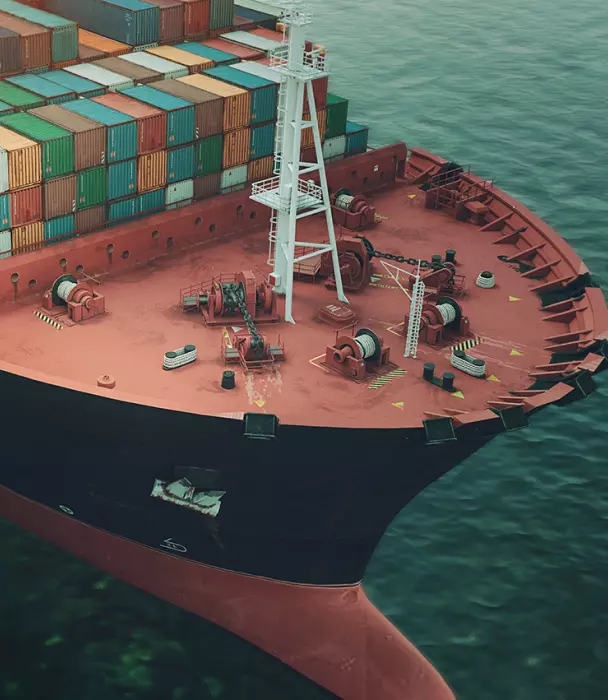The freight forwarding landscape has undergone significant changes in recent years, making it more challenging for forwarders and importers/exporters to navigate. From rising fuel costs to increasing global trade tensions, there are numerous obstacles that need to be overcome. In this blog post, we will discuss some of the most significant obstacles facing the freight forwarding industry today along with solutions on how to overcome them.
Rising fuel costs
One of the most significant obstacles facing the freight forwarding industry is the rising cost of fuel. With fuel prices fluctuating unpredictably, it can be challenging to plan and manage transportation costs effectively. However, there are solutions available to help mitigate this challenge. For example, companies can invest in fuel-efficient vehicles, leverage data analytics to optimize routes, and implement sustainable practices to reduce fuel consumption.
Increasing global trade tensions
Global trade tensions and protectionist policies are another significant obstacle facing the freight forwarding industry. The imposition of tariffs and trade restrictions can significantly impact importers and exporters, affecting their bottom line. To overcome this obstacle, forwarders and importers/exporters must be proactive and stay informed of changes in trade policies. Companies can also diversify their supply chains and explore new markets to reduce reliance on a single market.
Complex regulatory requirements
The freight forwarding industry is subject to numerous regulatory requirements, which can be challenging to navigate. Compliance with regulations such as the International Traffic in Arms Regulations (ITAR) and the Foreign Corrupt Practices Act (FCPA) requires significant resources and expertise. To overcome this challenge, companies must stay up-to-date with regulatory changes and invest in compliance management tools and systems.
Increasing competition
The freight forwarding industry is highly competitive, with new players entering the market regularly. To remain competitive, companies must differentiate themselves by offering unique value propositions, such as personalized service or innovative technology solutions. Additionally, companies must stay up-to-date with industry trends and adopt new technologies to stay ahead of the competition.
Capacity constraints
Capacity constraints, particularly in the air freight industry, are another significant obstacle facing the freight forwarding industry. With airlines reducing capacity and prioritizing higher-paying cargo, it can be challenging to secure space for shipments. To overcome this challenge, companies can leverage their relationships with carriers, negotiate better rates, and optimize cargo space utilization.
In conclusion, the freight forwarding industry faces numerous obstacles, but with the right strategies, they can be overcome. By leveraging technology, staying informed of regulatory changes, and differentiating themselves from the competition, forwarders and importers/exporters can navigate these obstacles and succeed in today's freight forwarding landscape.


